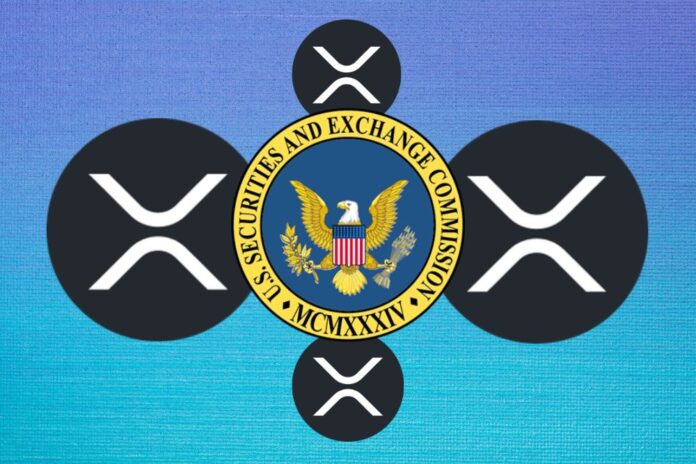The ongoing legal battle between the Securities and Exchange Commission (SEC) and Ripple Labs has sparked intense debate over the potential outcome of the SEC’s appeal against the recent court ruling.
Conflicting Assessments of Appeal Likelihood
Ripple Chief Legal Officer Stuart Alderoty has expressed optimism regarding the chances of the Second Circuit upholding Judge Torres’ decision that XRP is not a security when sold on secondary markets. Alderoty cited the historically low reversal rate of lower court decisions by the Second Circuit as evidence to support his claim.
In contrast, Dennis Kelleher, President and CEO of Better Markets, has expressed a significantly different viewpoint. Kelleher believes the SEC has a 90% probability of prevailing on appeal, criticizing Judge Torres’ ruling for allegedly undermining decades of securities law.
Core Disagreements on the Ruling
A central point of contention between the two parties lies in the interpretation of Judge Torres’ decision. While Alderoty views the ruling as a clear victory for Ripple, Kelleher contends that the decision created an anomalous legal precedent by differentiating between sophisticated and unsophisticated investors.
Kelleher specifically criticized Judge Torres’ determination that Ripple’s institutional sales of XRP constituted securities violations while exempting programmatic sales and other distributions. He argues that this distinction unfairly protects institutional investors at the expense of retail investors.
Ripple Community Responds to Kelleher’s Claims
The XRP community has been actively engaged in the ongoing debate. CryptoLaw, a legal analysis platform, has challenged several points made by Kelleher.
The platform clarified that the court ruling did not declare XRP itself a security but focused on the specific circumstances under which it might be considered an investment contract.
CryptoLaw also emphasized that the SEC has acknowledged it will not appeal the portion of the decision related to XRP’s classification as a security.
Attorney Bill Morgan further disputed Kelleher’s claim that other judges have rejected Judge Torres’ decision. Morgan highlighted that Judge Amy Berman Jackson, presiding over the Binance lawsuit, adopted a similar distinction between retail and institutional investors as Judge Torres. In contrast, Jed Rakoff, the presiding Judge of the TerraForm Labs case, rejected the verdict.
We are on twitter, follow us to connect with us :- @TimesTabloid1
— TimesTabloid (@TimesTabloid1) July 15, 2023
Implications for the Crypto Industry
The outcome of the SEC’s appeal will have far-reaching implications for the cryptocurrency industry. A reversal of Judge Torres’ decision could significantly impact the regulatory landscape for digital assets, potentially leading to increased scrutiny and regulation of various cryptocurrencies. Conversely, an affirmation of the ruling could provide greater clarity and legal certainty for the industry.
As the case progresses through the appellate process, market participants will closely monitor developments for insights into the potential future of cryptocurrency regulation.
Disclaimer: This content is meant to inform and should not be considered financial advice. The views expressed in this article may include the author’s personal opinions and do not represent Times Tabloid’s opinion. Readers are urged to do in-depth research before making any investment decisions. Any action taken by the reader is strictly at their own risk. Times Tabloid is not responsible for any financial losses.
Follow us on Twitter, Facebook, Telegram, and Google News


